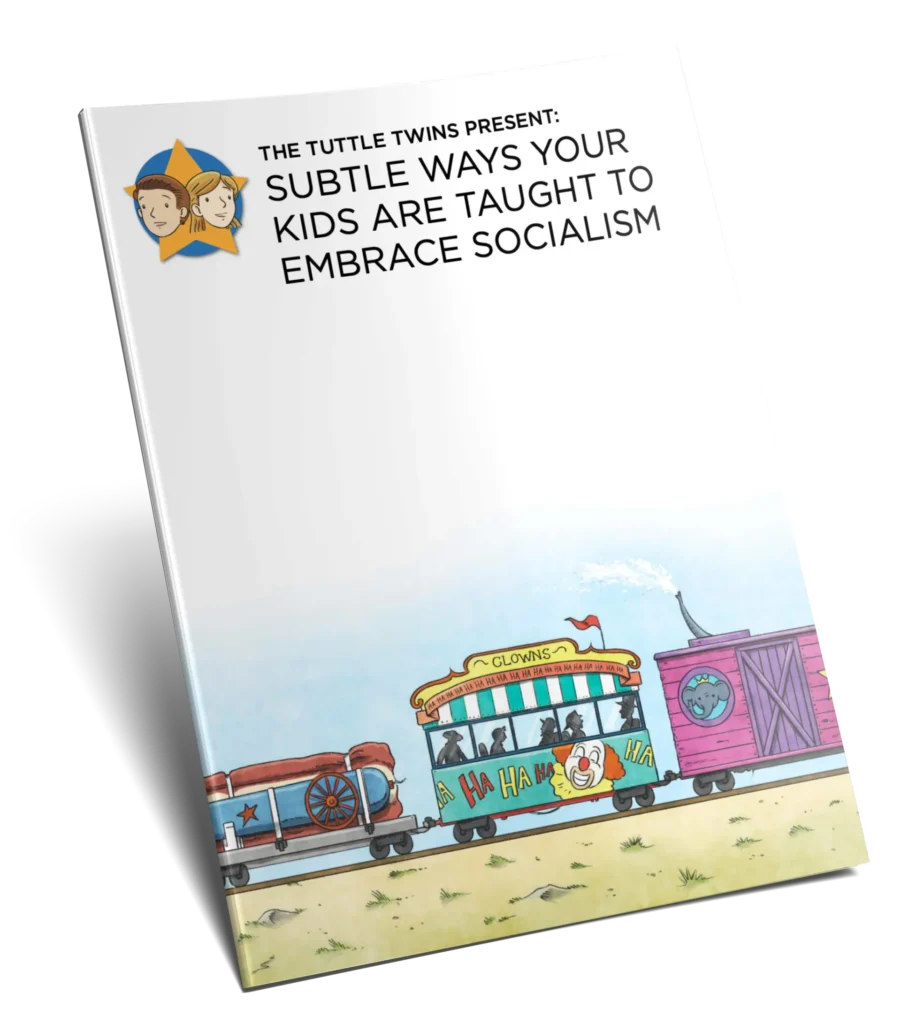Joy Reid is warning Americans about the supposed fascist “MAGA plan” to *checks notes* let people earn as much as they want, keep their money, and leave it to their kids when they die.
I’m sorry. What?
She asks us to imagine a world with:
“No income tax, no regulations, earn as much as you want, and leave it to your children with no taxes — that’s the world they want.”
Listen, if this is what people like Joy think sounds like a dystopia, then I think we’ve found one of the biggest differences between the people who love freedom and the people who fear it.

Imagine being so thoroughly conditioned by the system that the words “no income tax” trigger panic instead of relief. Or that “earn as much as you want” somehow sounds greedy instead of empowering.
This is what decades of central planning and public schooling have done: trained people to see personal responsibility and voluntary exchange as dangerous.
But here’s the thing—Joy Reid isn’t alone. Not by a long shot.
There are a lot of people who genuinely believe that freedom leads to chaos, and that people left to their own devices will inevitably exploit or destroy one another unless some bureaucratic overseer is standing by with a clipboard.
It reminds me of why we wrote The Tuttle Twins and the Fate of the Future.
It’s a story that teaches kids about the coercive nature of the state, and helps them imagine a better world.
What would it look like if people dealt with each other through persuasion instead of force? What if cooperation replaced coercion?

It’s a pretty radical idea—at least by today’s standards—but it’s one I want kids to be able to think about.
A world where people can work, build, trade, and care for one another without government permission slips might sound terrifying to some people. But to me, it sounds like peace.
It sounds like prosperity.
It sounds like freedom.
So yes, Joy Reid—no taxes, no pointless regulations, and no bureaucrat deciding how much of my paycheck I’m allowed to keep—that is the world I want.
And I think it’s one worth helping our kids imagine, too.
That’s what the work we do is all about: helping kids (and parents) understand that the alternative to coercion isn’t chaos—it’s cooperation.
If you haven’t read it yet, you can grab a copy here!
Because the more people who can imagine a future of peaceful thriving absent government control, the more possible that future becomes.
That’s what I want for my kids.
— Connor


_800x.png?v=145130659039439442451759869552)

